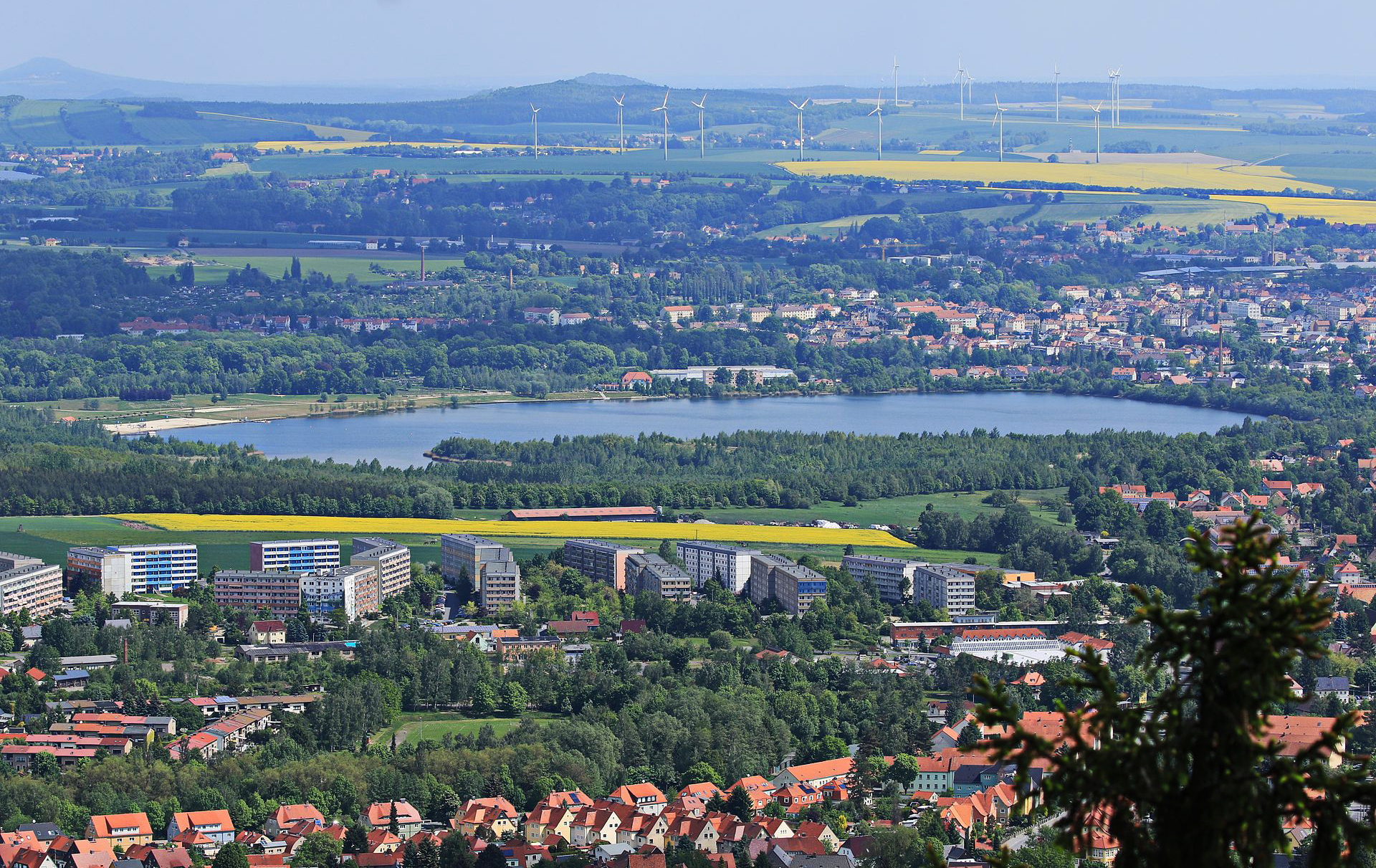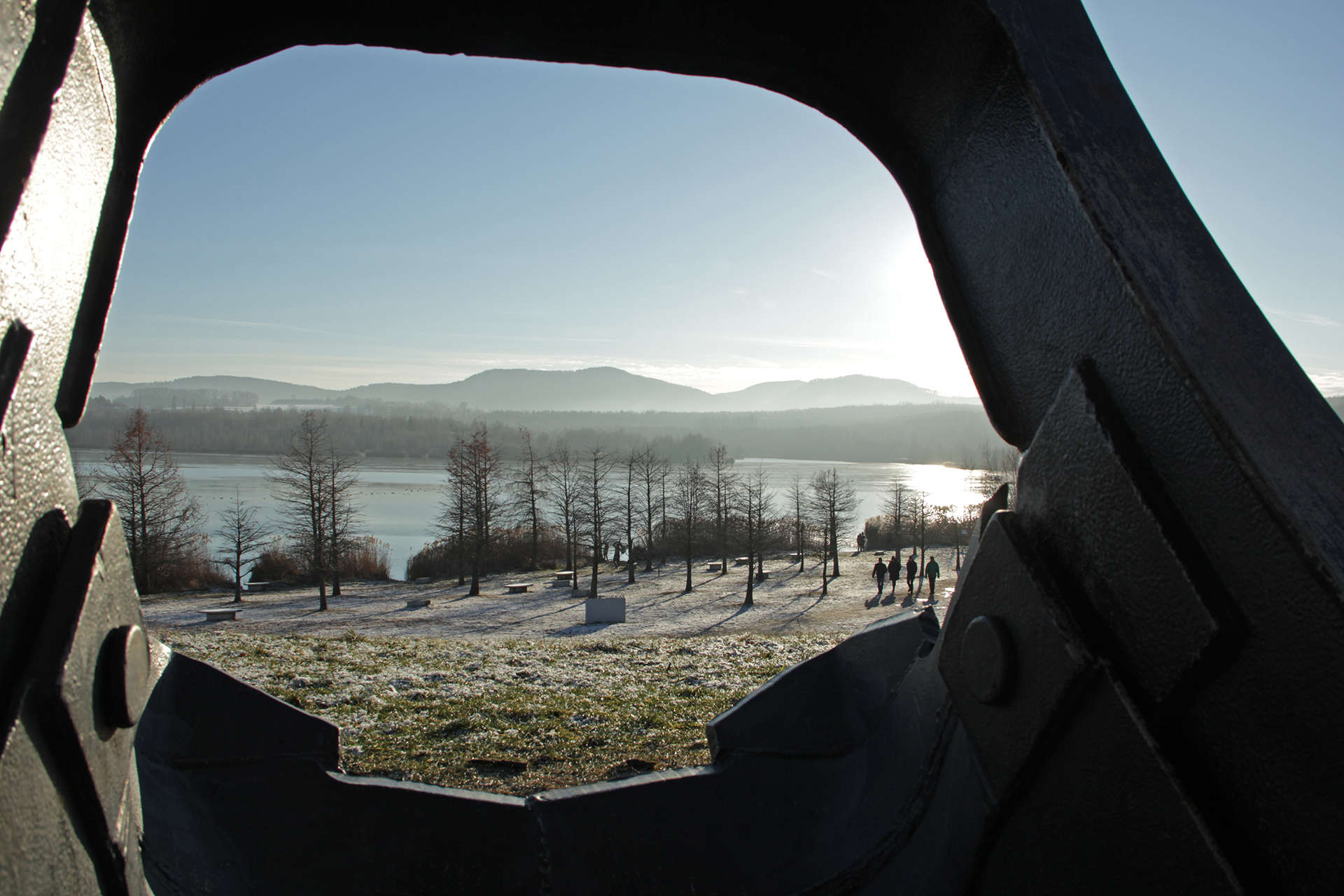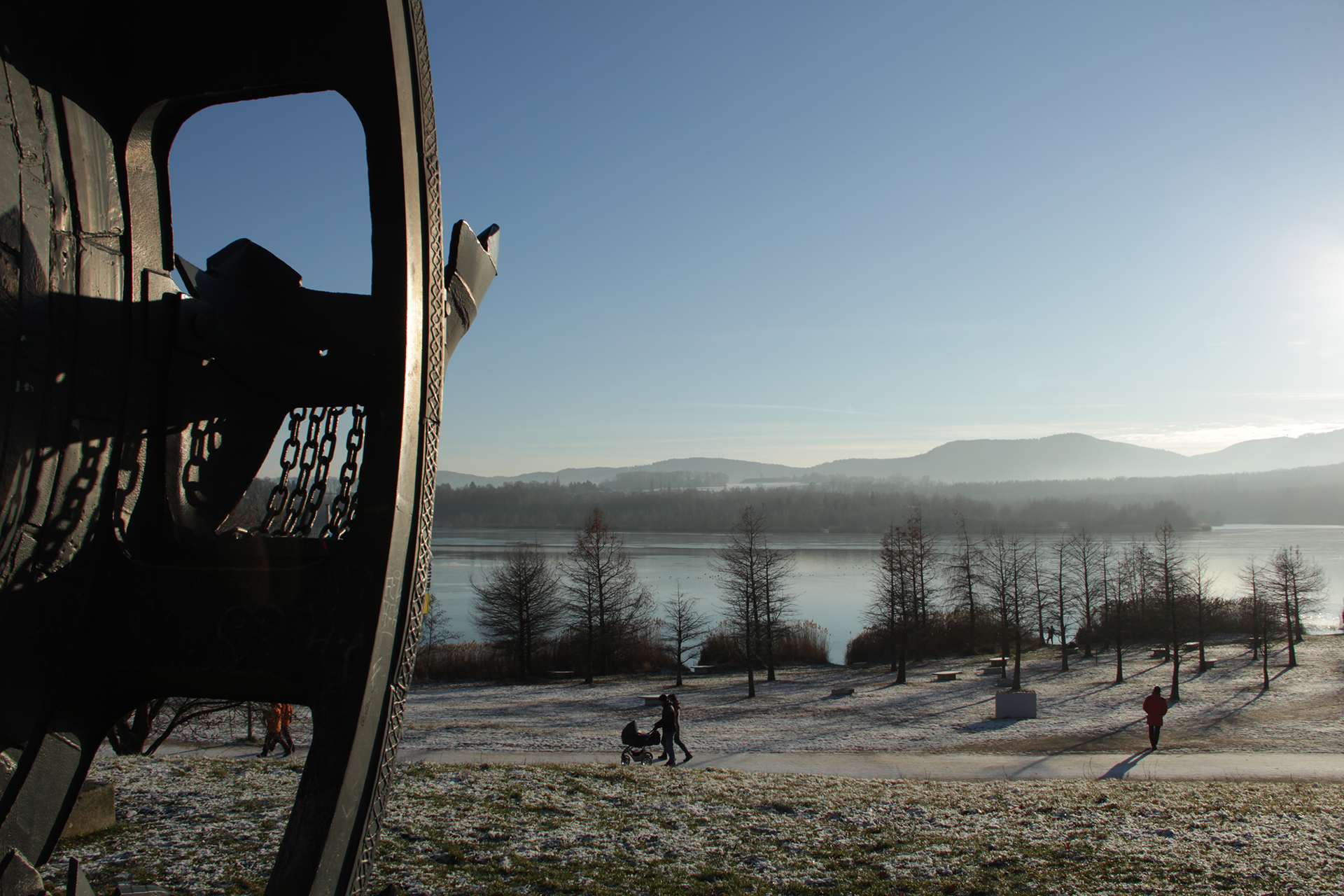
Hope and Innovation: The Future of Upper Lusatia in the Light of Transformation
Hope and Innovation: The Future of Upper Lusatia in the Light of Transformation
Oberlausitz im Wandel
»Step into the future of Upper Lusatia: Uncover the secrets of regional innovations and creativity. Discover the projects and initiatives that are tackling demographic challenges and structural changes in the region. Join us on a journey towards new economic ideas, support for talented creators, and exciting cultural projects. We will introduce you to bold ideas and ventures that are shaping the modern history of Upper Lusatia. Don't miss out on a unique glimpse into a future filled with hope, optimism, and boundless possibilities.«
Structural and demographic changes have accompanied Upper Lusatia for over 30 years. Since then, issues such as the departure of young and educated individuals, an aging population, unemployment, and inefficient infrastructure have remained constant topics of discussion. Following the changes and transformational processes after reunification, another turning point is approaching in the region - the gradual cessation of brown coal mining by 2038.
People have long found answers to questions regarding the future. Initiatives and projects address topics such as education, support for new economic ideas, the creative industry, and the expansion of infrastructure. For example, the association "Raumpionierstation Oberlausitz" aims to generate interest among young people in Upper Lusatia through creative regional marketing and reduce population decline due to internal migration.
"Bündnis Zukunft Oberlausitz" showcases some of the regional initiatives addressing these issues. This initiative, comprising entrepreneurs, politicians, scientists, artists, and forward thinkers, brings together creative individuals and facilitates mutual contact to promote new ideas and projects. They also support avant-garde and entrepreneurial innovations for the region. An overview of implemented initiatives can also be found on the website of the Saxon State Government's platform "Gemeinsam Chancen gestalten! Demografischer Wandel in Sachsen" ("Shaping Opportunities Together! Demographic Change in Saxony").

Support for Ideas and Projects
The project "New Work Oberlausitz" demonstrates the fundamental need to rethink the world of work, as value creation and labor constitute a significant part of life. Collaborating with organizations and businesses, the project team explored the question of improving work processes. "New Work" focuses on a new approach to knowledge and freedom and relies on collaboration within a group. Value-based work positively impacts both individuals' personalities and organizational success.
With a similar concept, the project "ahoj" (hello) comes forward, led by ideenfluss e. V. It inspires individuals to pursue their own ideas and project implementations. The "ahoj" team encourages people to embark on their own entrepreneurial journey, supports them by sharing experiences, and assists them in establishing their own companies.
Offering partially different views on regional development processes, Johannes Staemmler presents his book "Wir machen das schon – Lausitz im Wandel" ("We'll Make It – Lusatia in Transition"). Fifteen individuals share their experiences, living spaces, projects, and their hopes for Lusatia after structural change. Diverse perspectives from Lower and Upper Lusatia, from locals, returnees, and newcomers. Despite their differing experiences and viewpoints, one question unites them all: Where is Lusatia headed after ceasing brown coal mining, resulting in not only economic but also social and societal changes? Franziska Schubert is one of the individuals featured in the book. She advocates for greater citizen involvement in structural changes. We spoke with her about how this can work and the challenges that await us in Upper Lusatia.
Effective Citizen Involvement – Taking People Along
In Weißwasser, the "Modellfall Weißwasser" project pursued a performative approach, exploring developmental potentials and possible transformational processes. Inspired by Bauhaus and in collaboration with people on the streets, opportunities to support and positively shape processes were found in public spaces – "culture of enablement." The debate on Lusatia's future will be guided by working theses in the Bauhaus style, ultimately leading to answers regarding current structural change.
Great ideas also emerged in Zittau during the application process for the title of European Capital of Culture. The "Freundeskreis KulturHerzStadt Zittau" (Friends of the Cultural Heart of Zittau) joined forces with many citizens of Zittau, advocating that the future should be shaped collaboratively with neighbors from Poland and the Czech Republic. The motto "365° LIFE" describes an orientation toward collaboration with regional partners.
Culture and the Creative Industry as the Engine of the Future
The cultural and creative industry is also a strong area for regional development. The project "Kreative Lausitz" (Creative Lusatia) underscores that creative thinking is decisive for the diversity of cultural offerings and economic development. The cultural and creative industry is a growing sector of the economy and significantly contributes to innovation development. The creators of "Kreative Lausitz" emphasize that the creative industry offers attractive job opportunities for skilled workers and graduates, including those from major cities, as opportunities for co-creation and participation in exciting societal processes are combined with a high quality of life.
The fundamental principle underlying all these initiatives is a basic optimism and recognition that Lusatia has favorable conditions for the approaching change. Despite experiencing job loss, emigration, and viewing rural peripheries, most people remain optimistic and positive about future challenges.
Lusatia Monitor Explores Future Challenges
This conclusion is also drawn by the "Lausitz Monitor," a representative survey among the population that collects opinions on future challenges in Lusatia. The collaboration between MAS Partners from Leipzig and process psychologists from Görlitz concludes that people need a vision for Lusatia. Experiences show that when focusing on specific goals and projects, entrepreneurs, private individuals, and associations initiate their own projects. However, a strong role model is required for this.
Given the numerous perspectives, clever ideas, and positive initiatives, the question arises as to why there isn't a significant societal push and why we're not collectively shaping the future. Why do many remain skeptical when the conditions are ripe for creating a future worth living?

